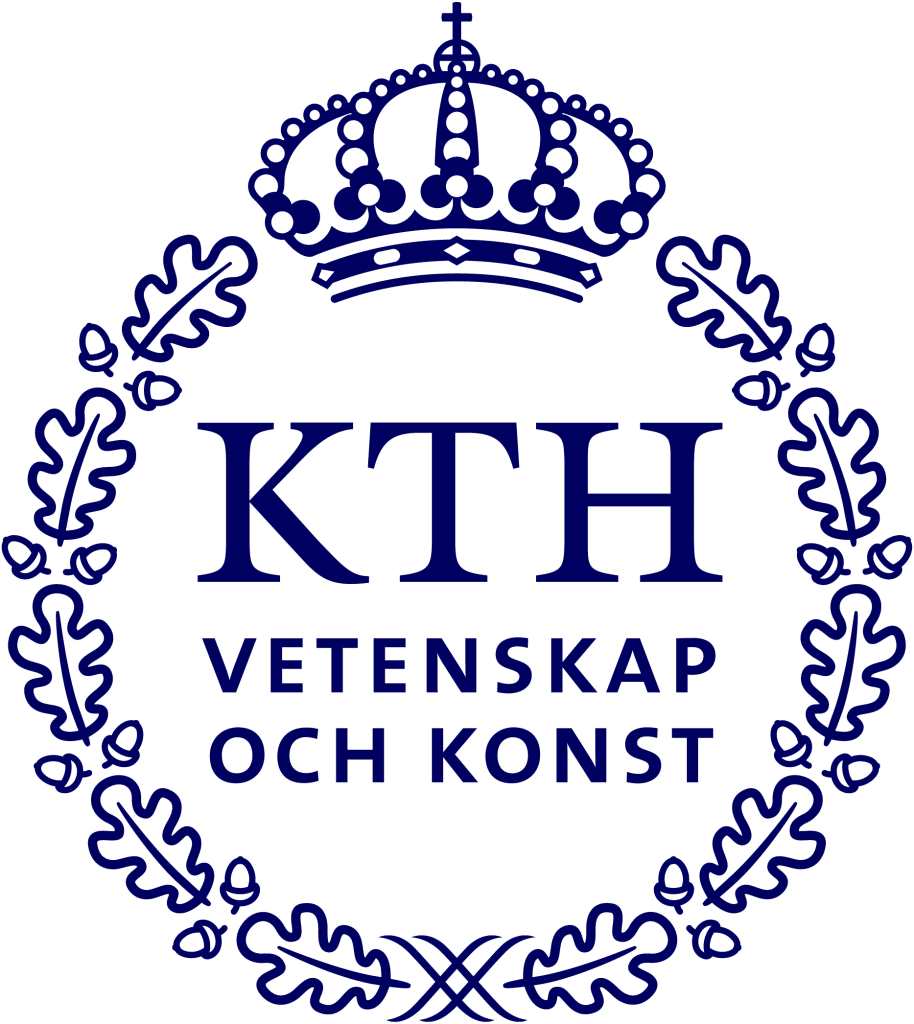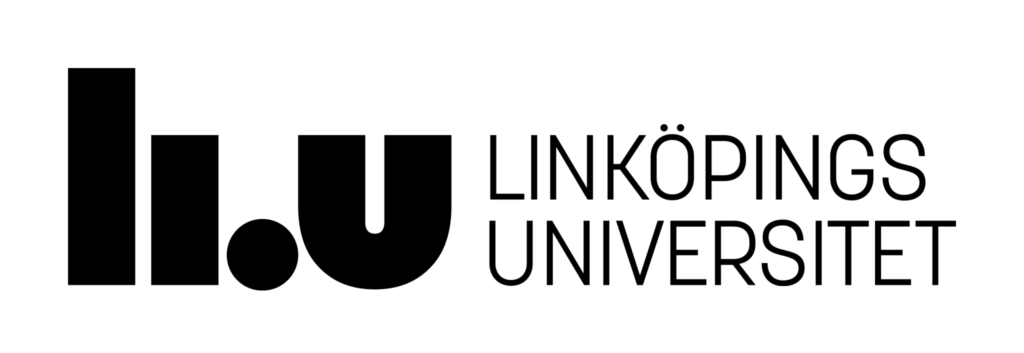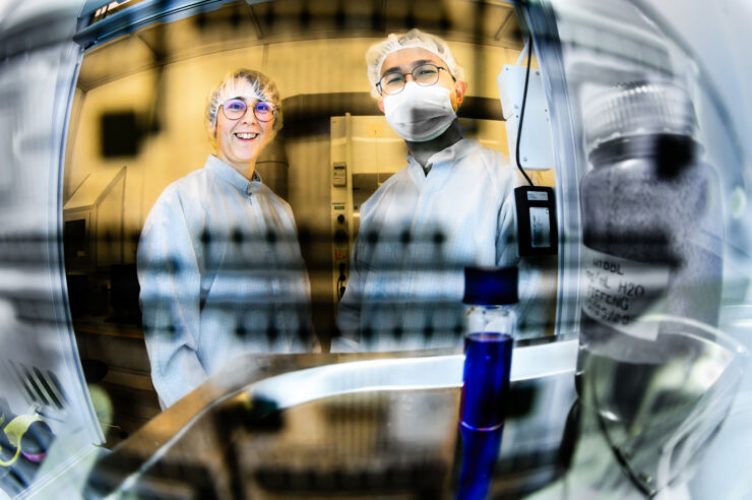The conjugated polymers used for fabricating organic electronics usually require environmentally hazardous, toxic, and flammable solvents. Published in Nature Communications, the preset study introduces a process called ground-state electron transfer, which allows the use of water as solvent, eliminating the need for hazardous solvents in the process.
“I believe that these results can have a transformative impact on the field of organic electronics. By enabling the processing of organic semiconductors from green and sustainable solvents like water, we can mass-produce electronic devices with minimal impact on the environment,” says Simone Fabiano to liu.se.
The new conductive inks exhibit improved material properties and device performance, which gives promise for mass-producing electronic devices with minimal environmental impact.
The research received funding from the Knut and Alice Wallenberg Foundation, the Wallenberg Initiative Materials Science for Sustainability (WISE), the Wallenberg Wood Science Centre (WWSC), the Swedish Research Council, Vinnova, the European Commission, and the Swedish government’s strategic investment in new functional materials (AFM) at Linköping University.
Read the scientific article:
Ground-state electron transfer in all-polymer donor:acceptor blends enables aqueous processing of water-insoluble conjugated polymers; Tiefeng Liu, Johanna Heimonen, Qilun Zhang, Chi-Yuan Yang, Jun-Da Huang, Han-Yan Wu, Marc-Antoine Stoeckel, Tom van der Pol, Yuxuan Li, Sang Young Jeong, Adam Marks, Xin-Yi Wang, Yuttapoom Puttisong, Asaminew Y. Shimolo, Xianjie Liu, Silan Zhang, Qifan Li, Matteo Massetti, Weimin M. Chen, Han Young Woo, Jian Pei, Iain McCulloch, Feng Gao, Mats Fahlman, Renee Kroon, Simone Fabiano; Nature Communications 2023, published online 20 December 2023: DOI: 10.1038/s41467-023-44153-7





